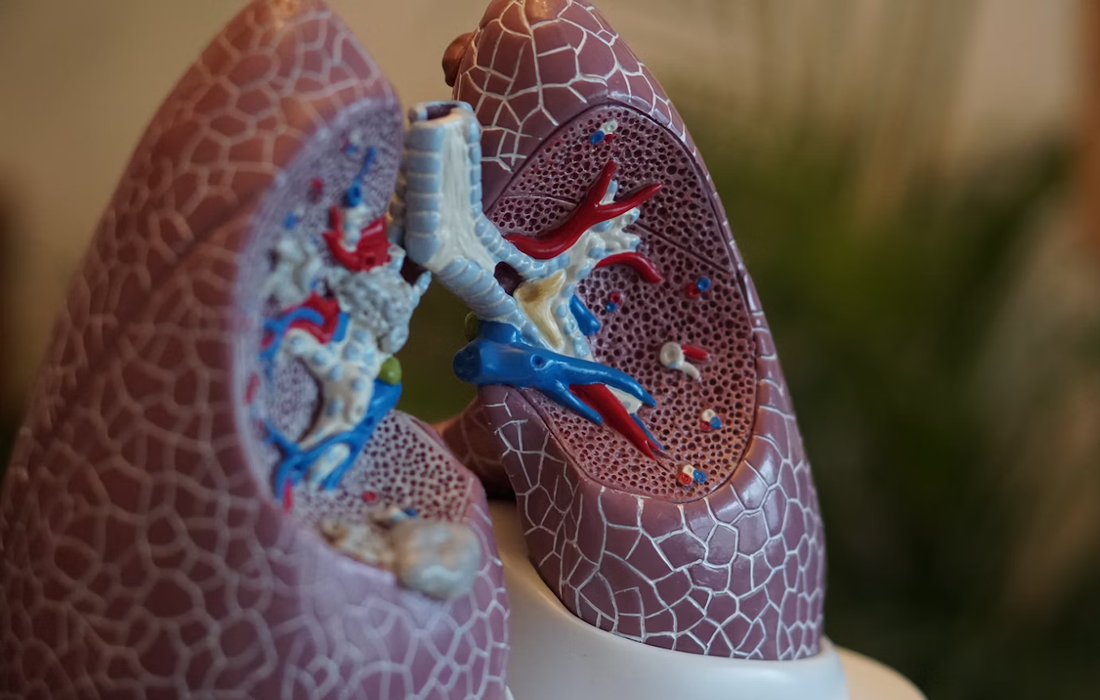The study, supported by the British Heart Foundation (BHF) and published in the European Heart Journal, is the first to assess how different movement patterns throughout the 24-hour day are linked to heart health. It is the first evidence to emerge from the international Prospective Physical Activity, Sitting and Sleep (ProPASS) consortium. Cardiovascular disease, which […]
Author Archives: Karely Vega, MD
Nanoplastics interact with a particular protein that is naturally found in the brain, creating changes linked to Parkinson’s disease and some types of dementia. In a Duke-led study appearing Nov. 17 in Science Advances, the researchers report that the findings create a foundation for a new area of investigation, fueled by the timely impact of […]
Glaucoma is one of the leading causes of blindness worldwide, and vision loss, due to the loss of retinal ganglion cells (RGCs), cannot currently be reversed with any treatment. Some studies have looked at replacing RGCs through cell transplants, but this process is still in the research and development stage and fraught with limitations that […]
Dependence on pain medication is on the rise due to lack of vigilance by medical professionals, according to a new study from the University of Surrey. Patients dependent on pain medication describe feelings of ‘living in a haze’ and being ignored and misunderstood by the medical profession. Pharmacological treatment for chronic pain usually involves potentially […]
Research from the lab of cancer biologist Tuomas Tammela, MD, PhD shows that some lung cancer cells retain a “memory” of the healthy cell where they came from — one that might be exploited to make an emerging type of lung cancer treatment called KRAS inhibition more effective. The study looked specifically at lung adenocarcinoma, […]
Researchers at the University of Wisconsin-Madison have identified a protein key to the development of a type of brain cell believed to play a role in disorders like Alzheimer’s and Parkinson’s diseases and used the discovery to grow the neurons from stem cells for the first time. The stem-cell-derived norepinephrine neurons of the type found […]
Common oral infections, periodontal diseases and caries, are associated with inflammatory metabolic profiles related to an increased risk of cardiometabolic diseases, a new study by an international team of researchers suggests. Oral infections also predicted future adverse changes in metabolic profiles. The association between oral infections and adverse metabolic profiles was observed in the Finnish […]
Vitamin B12 is a well-known micronutrient that has long been acknowledged for its essential role in maintaining nerve function, supporting red blood cell production, and facilitating DNA synthesis, all vital processes for overall health. Researchers led by Dr. Manuel Serrano at IRB Barcelona have now revealed that vitamin B12 also plays a pivotal role in […]
Cancer stem cells cause the aging of macrophages in mice with healthy immune systems, creating conditions for the formation of tumors. Cancerous tumors consist of a mixture of cells, the most important of which are cancer stem cells. These cells are capable of establishing new cancerous tumors by evading the immune response. Research has focused […]
High-salt diets are commonly associated with increases in blood pressure and risk of cardiovascular mortality, even among individuals with healthy blood pressure. Cardiologist Dr. Bradley Serwer, chief medical officer at cardiovascular and anesthesiology services provider VitalSolution, said: “For the general population, it is recommended to have a sodium intake of under 2300mg per day. For […]










